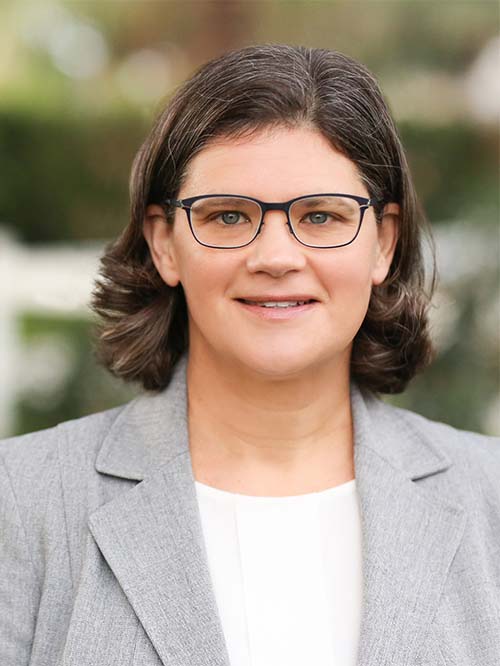By Karen Shih

For 15 years, Anne Douglass, PhD’09, saw daily the stress faced by low-income families throughout the Boston area. As a preschool teacher, director and education consultant, she worked primarily with children and families who were homeless and experiencing significant trauma.
“There is no policy investment that offers a bigger return on investment than high-quality early care and education. Children who would otherwise be excluded from this opportunity are able perform alongside their more advantaged peers,” she says. “The more I saw this firsthand, the more I wanted to address those inequities at a broader scale.”
She turned to the Heller School to make that possible. “It attracted me because of its interdisciplinary perspective and its deep commitment to applied work,” she says.
Today, as an associate professor and the executive director at the Institute for Early Education Leadership and Innovation at the University of Massachusetts Boston, Douglass trains hundreds of early childhood educators per year in entrepreneurial leadership and small business innovation. Most are teachers who are now pursuing a bachelor’s degree, while others are college graduates earning a post-master’s certificate or doctorate.
“This is my dream job,” she says. “For years, I resisted the temptation to go into academia because I didn’t want to be in an ivory tower thinking about things that would never be implemented. But our leadership development program is like a laboratory. Our students develop ideas about how to improve the quality of early education, test them in classrooms and report results to drive greater change.”
Too often, policies to improve the quality of early care and education are created without input from the educators themselves, says Douglass.
“The work I’m doing at the institute is really trying to change that,” she says. “Our students come to see themselves as leaders and innovators. Instead of leaving the field, as many early educators do, they stay and become agents of change.”
For example, one student designed an app that allowed teachers and parents to share songs they sang in the classroom and at home, often in other languages. This helped cultivate children’s early language skills. Through the support and connections of the institute, that alumna is now planning to expand the idea throughout Massachusetts.
Being open to new ideas is key in both her work today and throughout her studies, Douglass says.
“I went into Heller to pursue what I was most passionate about and learned things I knew nothing about before, like organizational theory with Jody Hoffer Gittell. The immersion in organizational science research and theories of leadership have proved to be most influential in shaping my ideas and bringing them to fruition.”
